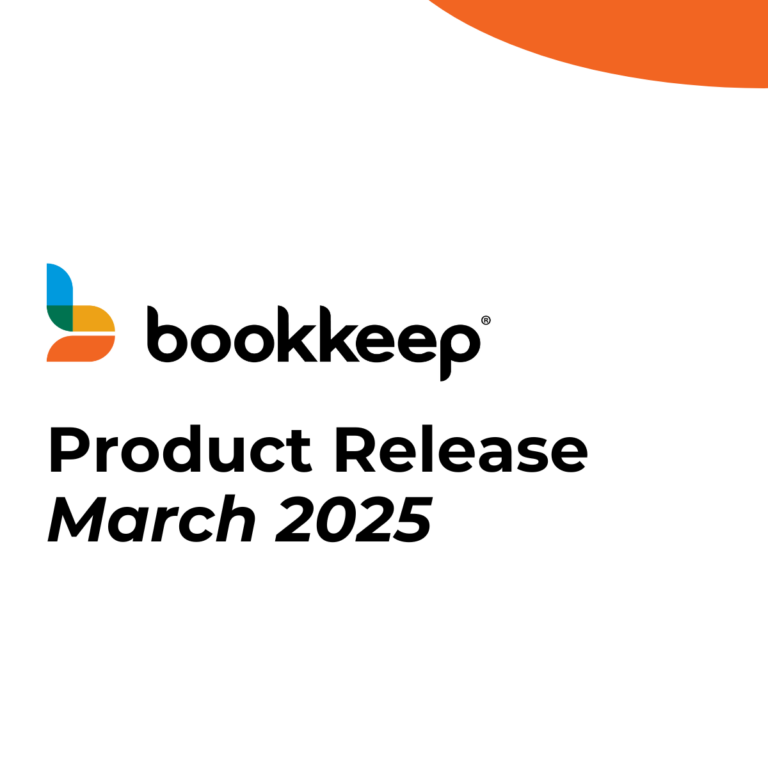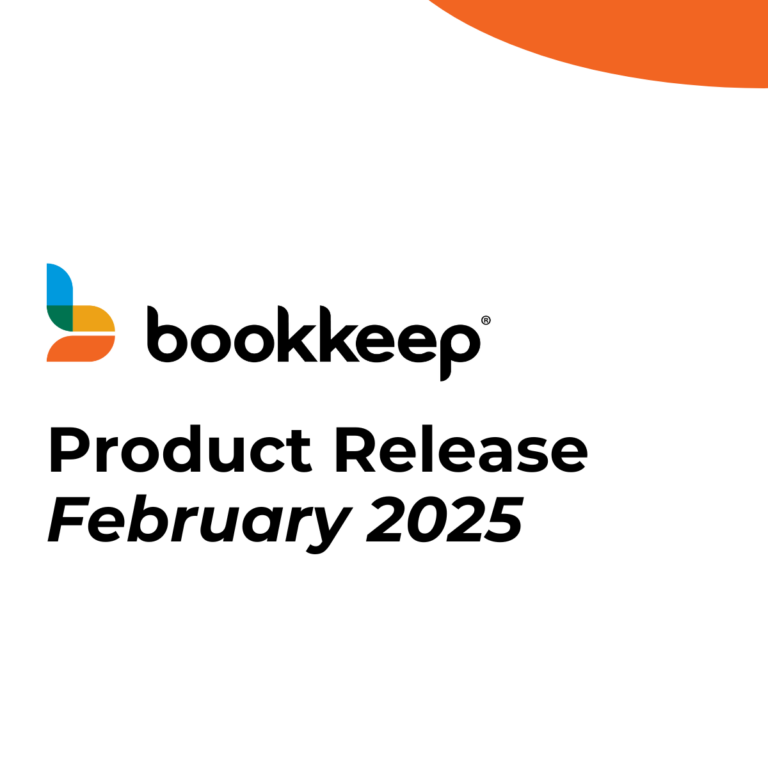In a world where numbers make it go round, finding a capable, reliable, trustworthy, affordable bookkeeper seems practically impossible.
Why can’t you find a good bookkeeper?
I get it! I’m a business owner myself, having started several successful companies over the past two decades, including ShopKeep, 3 wine stores, and, most recently, Bookkeep, an accounting automation tool. Before Bookkeep, I always struggled to find a solid bookkeeper, and therefore usually just did my own books. That was not the best use of my time but I also didn’t want to bother my accountant with such tasks. In fact, my accountant definitely did not want to do such tasks!
But, the books need to get done, and they need to be done each month if you want to have a successful business.
When you do the books yourself, you might feel in control of your business. But after a month or two, you let it lapse, and then another month goes by without reconciling the books, and then you avoid it for even longer because you know it’ll be a nightmare. This dilemma is a dirty little secret of running a business. Long story short, you need a better solution because every business must reconcile their books monthly–to catch mistakes and create financial reports so you know how you are doing.
The difference between a bookkeeper and an accountant explained.
A bookkeeper inputs your accounting information into an accounting platform, categorizing and tracking your expenses and sales. Additionally, a bookkeeper helps you pay bills and, depending on your business, follows up on accounts receivable. On the other hand, an accountant does the bigger picture stuff, using data to reconcile your books at year-end, generating your financial reports to advise and determine if your business is making money or not.
Bookkeeper: The day-to-day financial operations.
Accountant: The financial advisor of your business.
Reasons you can’t find a good bookkeeper in the US.
1. Because bookkeeping is primarily data entry, those doing such work are usually untrained workers earning $15-20/hour. Most skilled workers won’t work at that hourly rate.
2. Bookkeeping, often a part-time position, is difficult to manage remotely (or even in-house).
3. To do the job right, bookkeeping requires an immense amount of back-and-forth communication with the owner and others in the company. Daily questions such as: What was this expense for? Did the login change for Square? Do you want me to pay these bills? Can you send me the bank statement? The job can definitely be frustrating! No one wants to constantly bother business owners for account access.
4. The job requires access to highly sensitive information, like bank logins and passwords that owners rarely share properly, if at all.
While a bookkeeper usually cannot do accounting, an accountant can do bookkeeping. But usually accountants don’t want to! Why? Because it’s a tough job. Business owners like you and I make it really hard to do bookkeeping. (It’s true whether we want to admit it or not.)
You end up sending your bookkeeping needs to your accountant; however, your accountant won’t do manual data entry for $15-20/hour. So, unfortunately, your accountant hands the manual data entry job over to someone else. This someone is typically overseas. Off-shoring is a very common practice at CPA firms, but very few firms advertise it as such.
A short-term solution to your bookkeeping conundrum is hiring a QuickBooks ProAdvisor or Xero Advisor, a certified independent accounting pro who is savvy with automation tools. The good ones will charge upfront for a consultation to review your account; don’t shy away from hiring them.
The long-term solution and the future of bookkeeping is automation. Humans no longer have to manually input data, and accountants can do what they do best–analyze the data and advise their clients.



